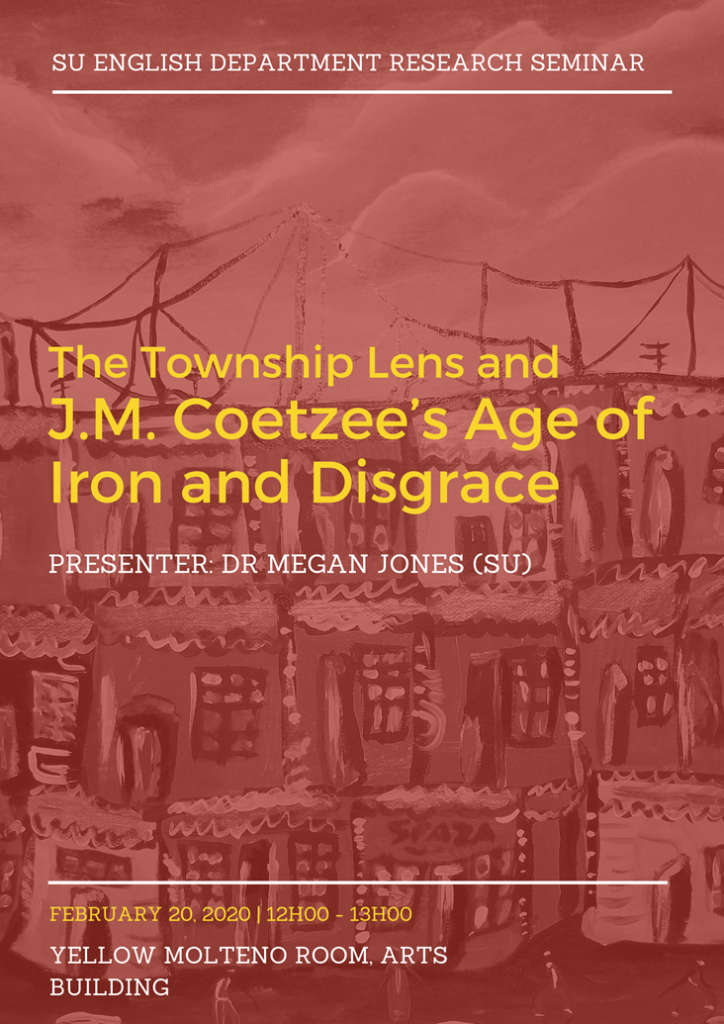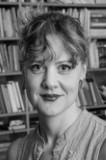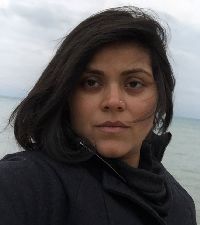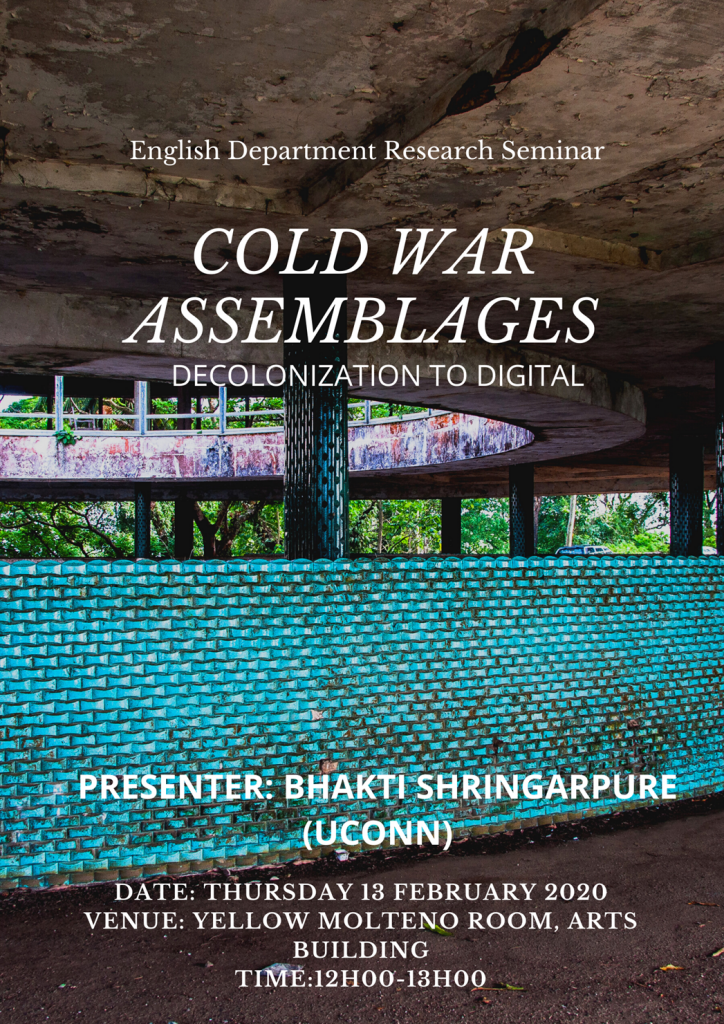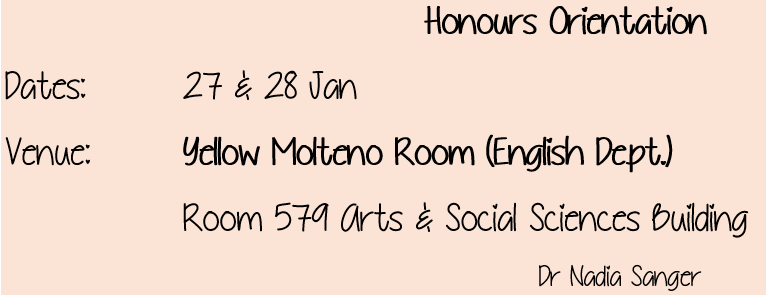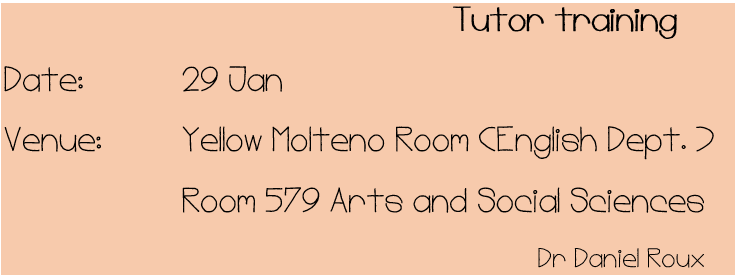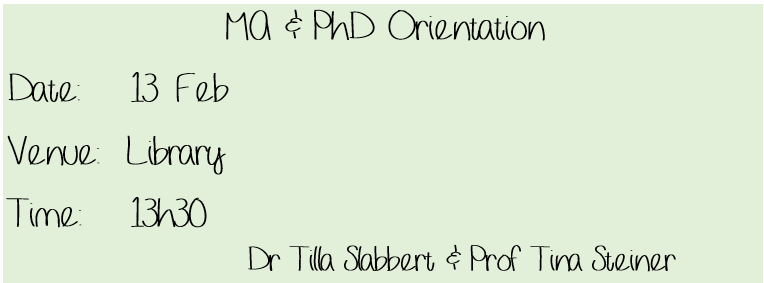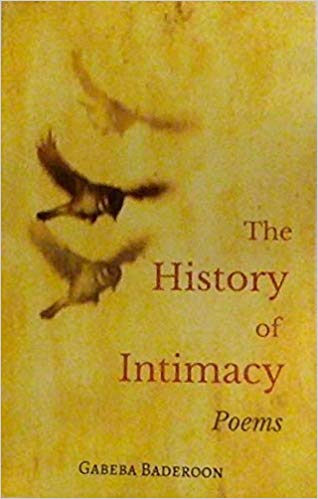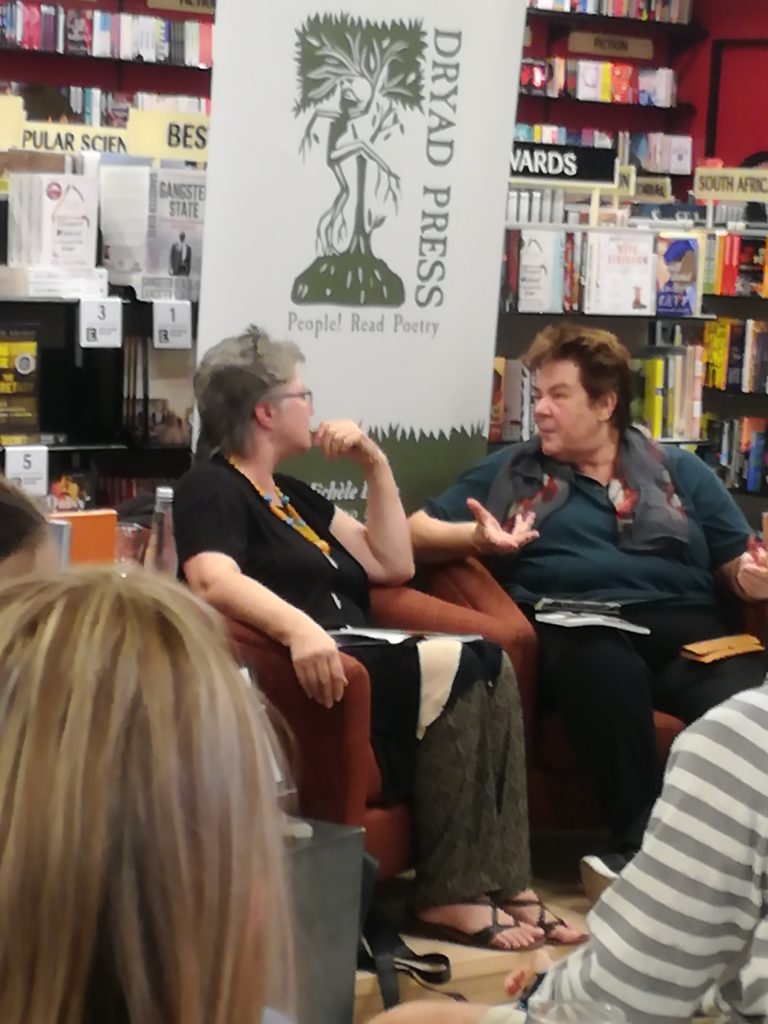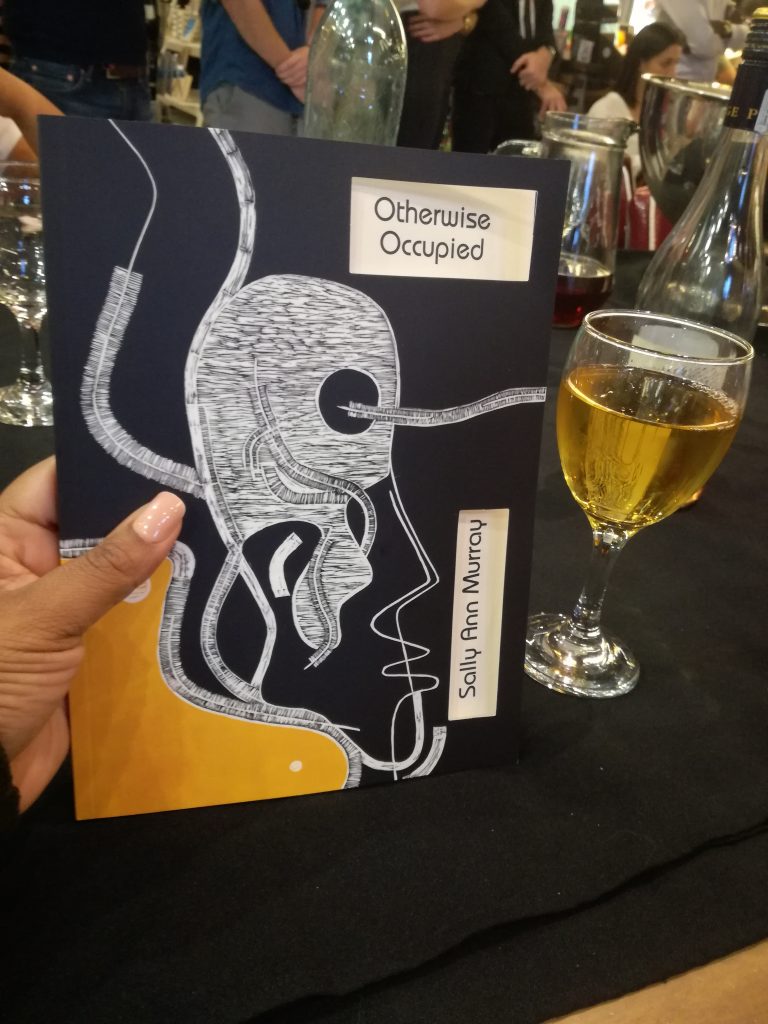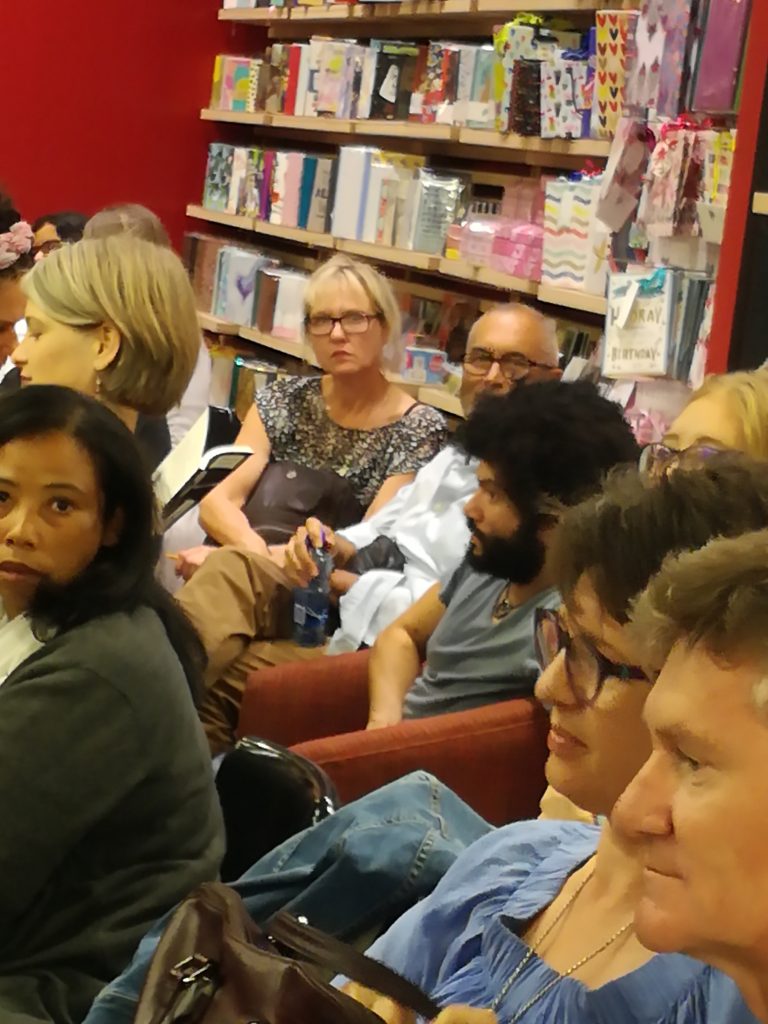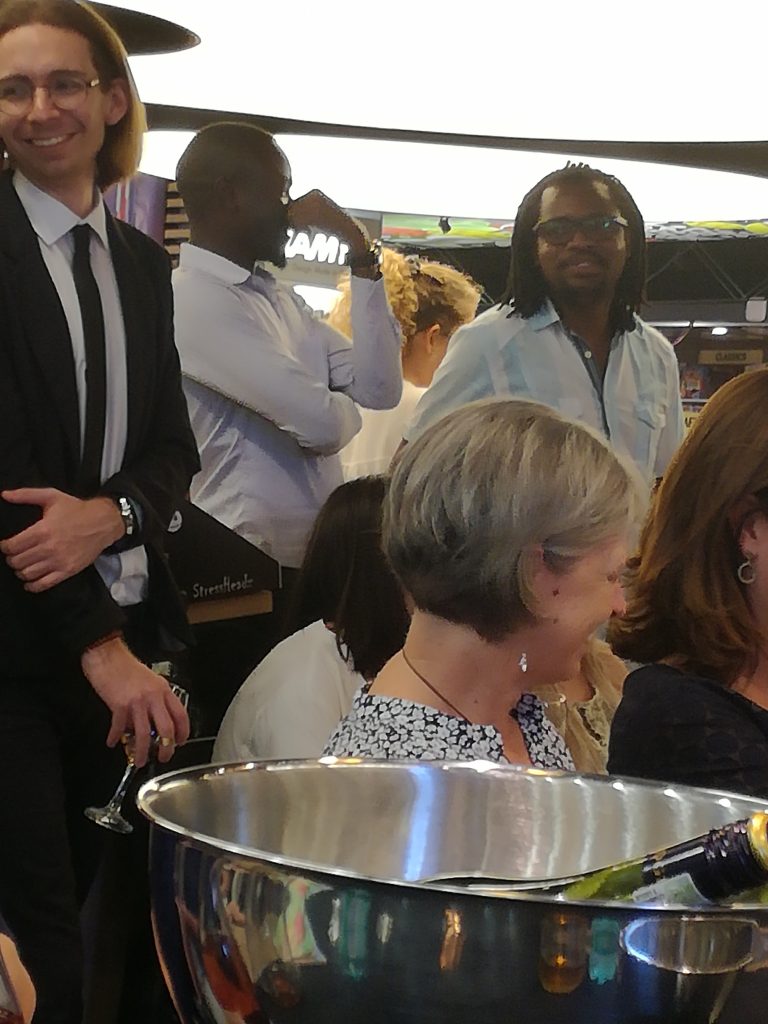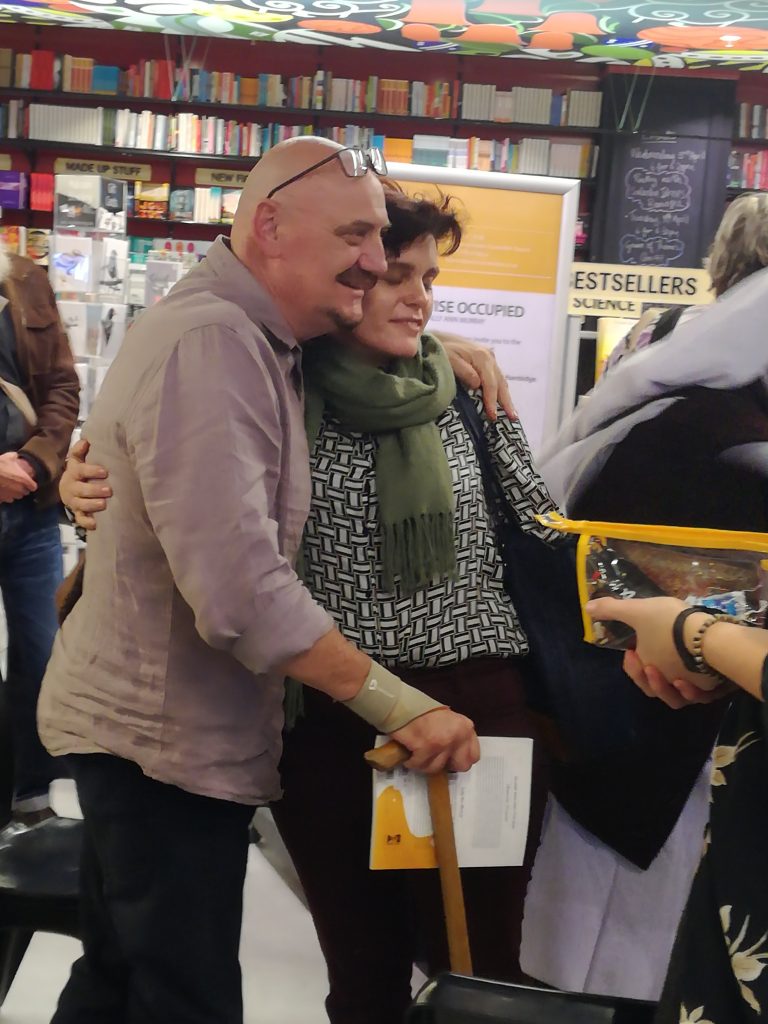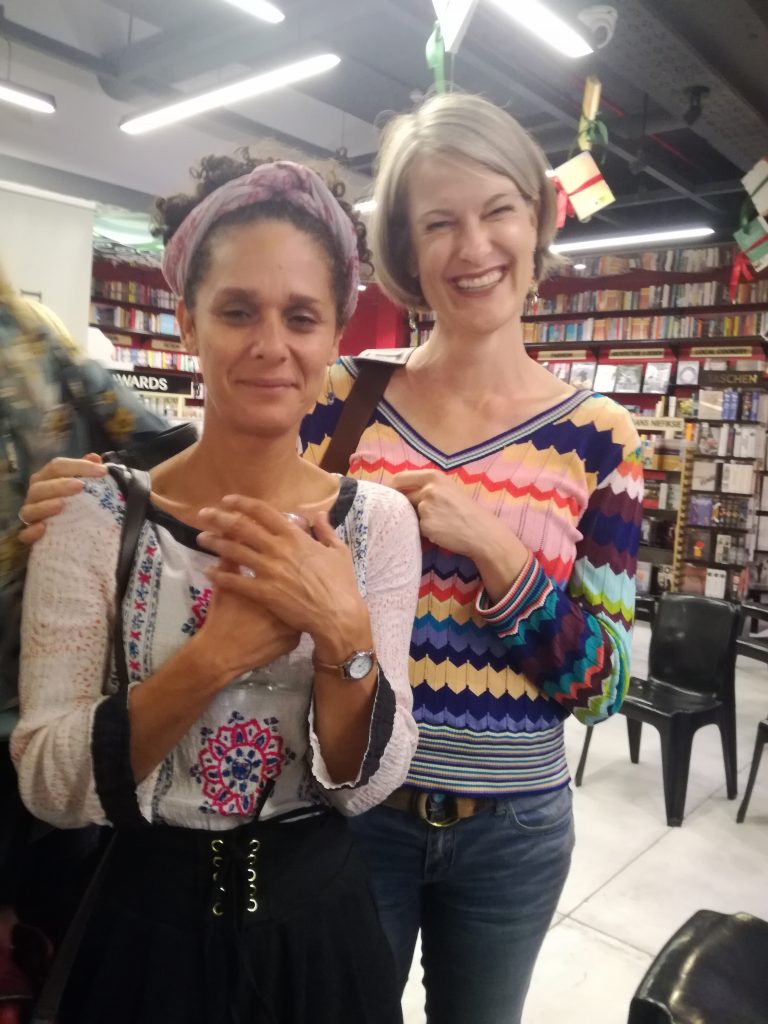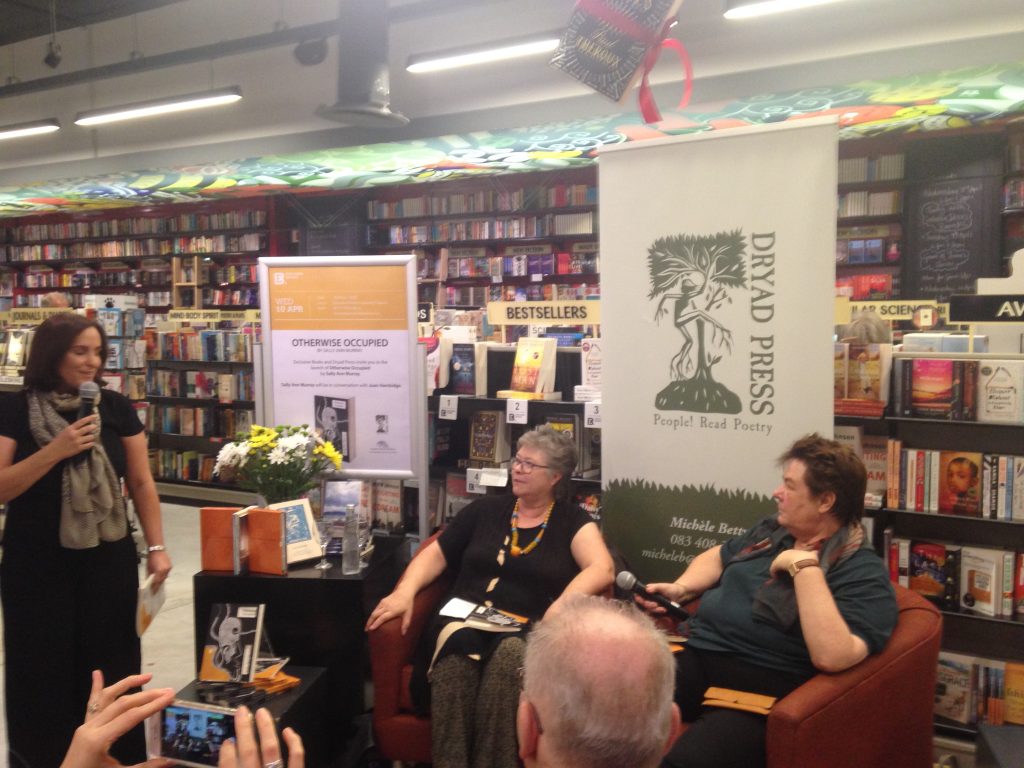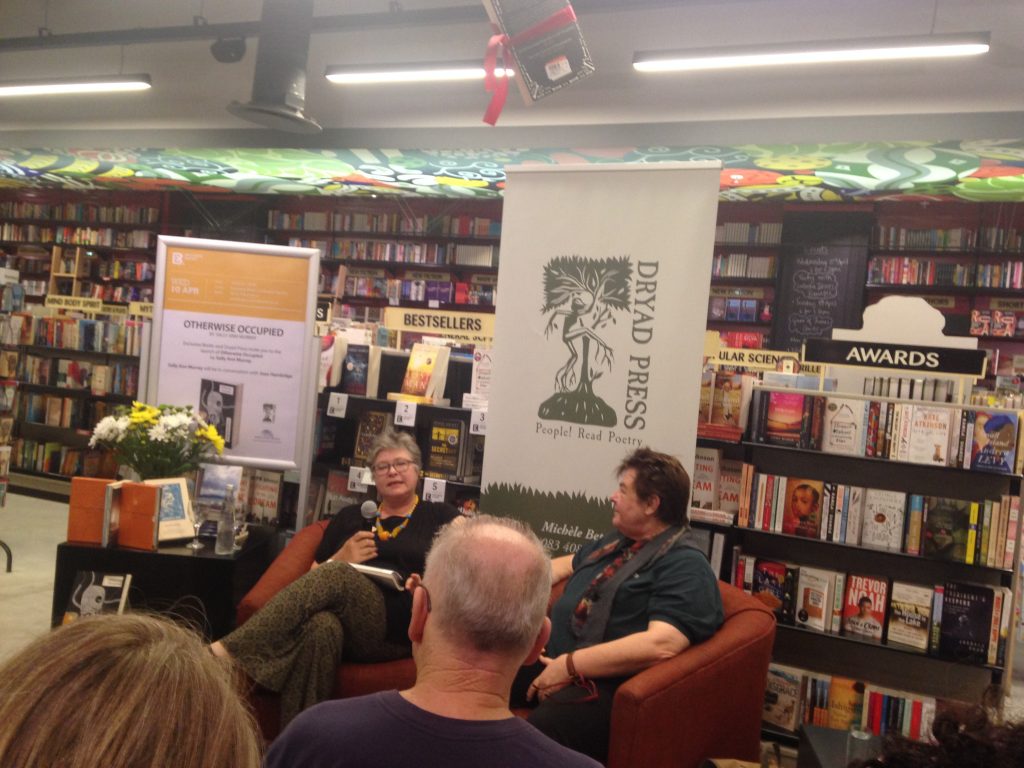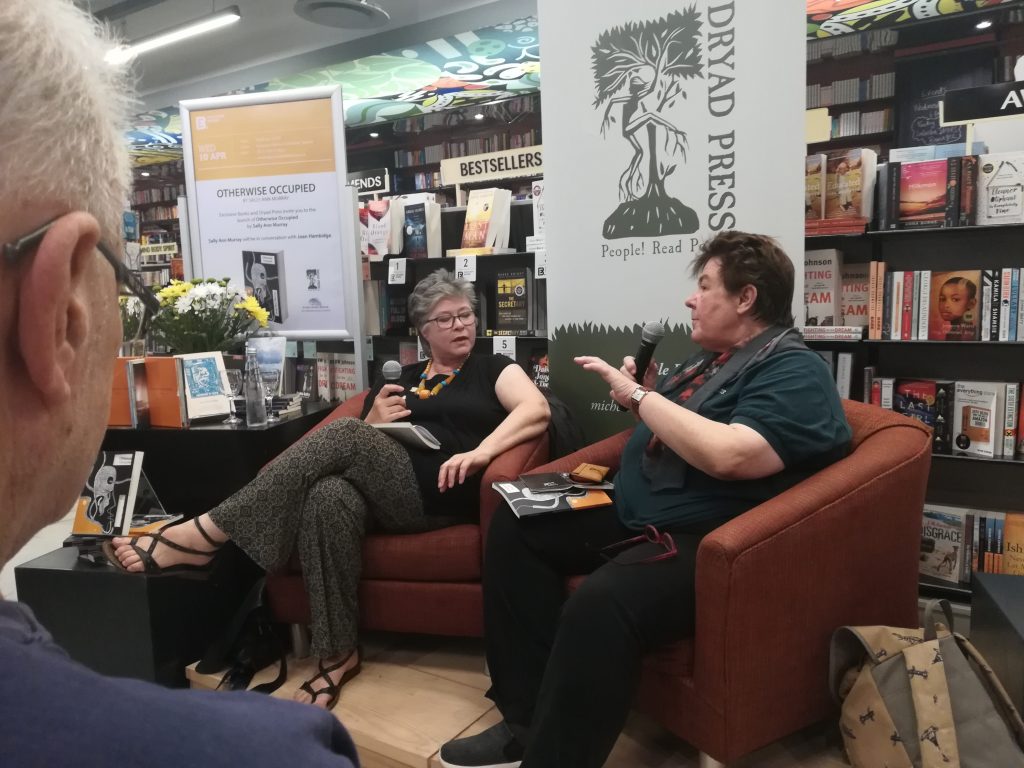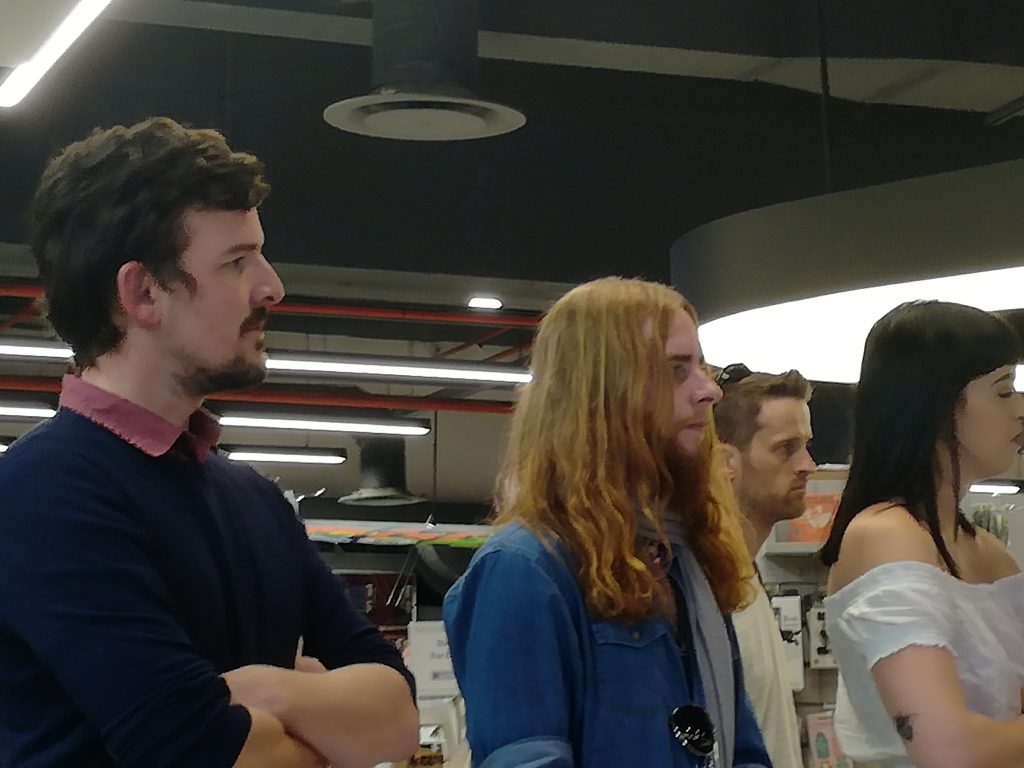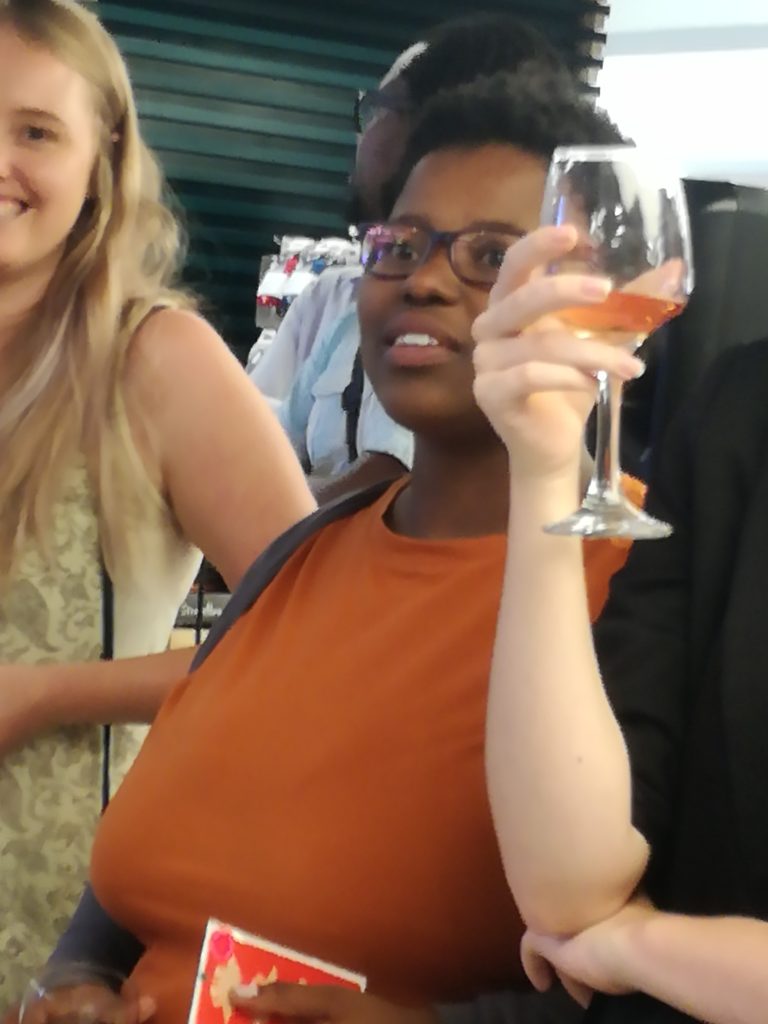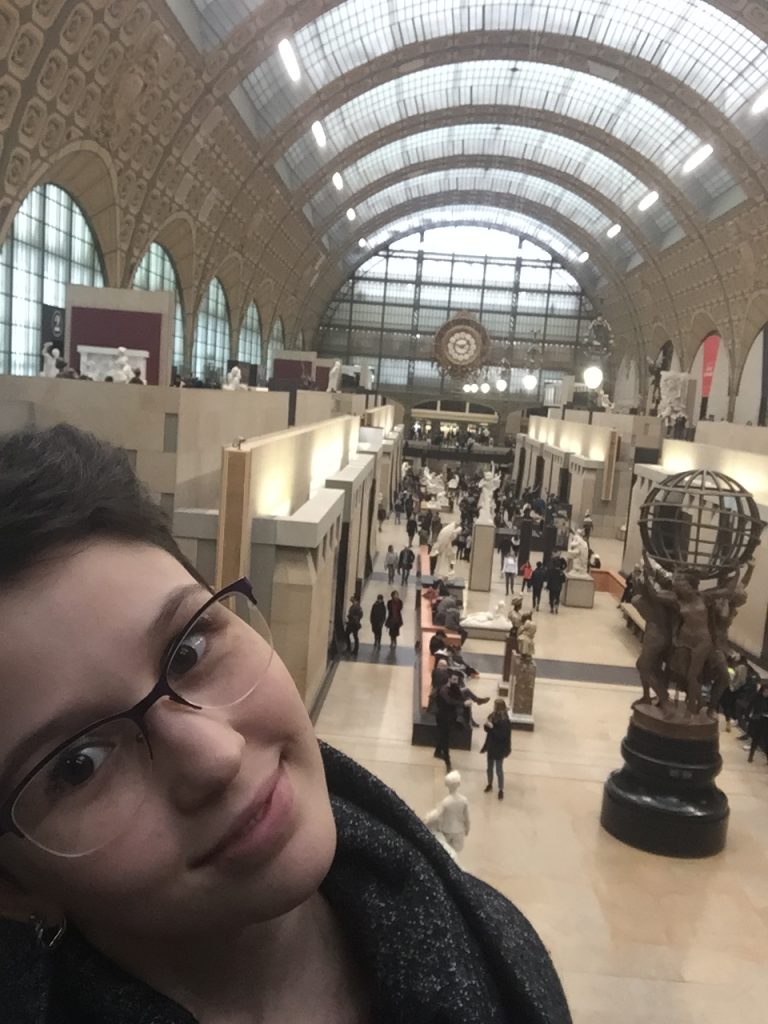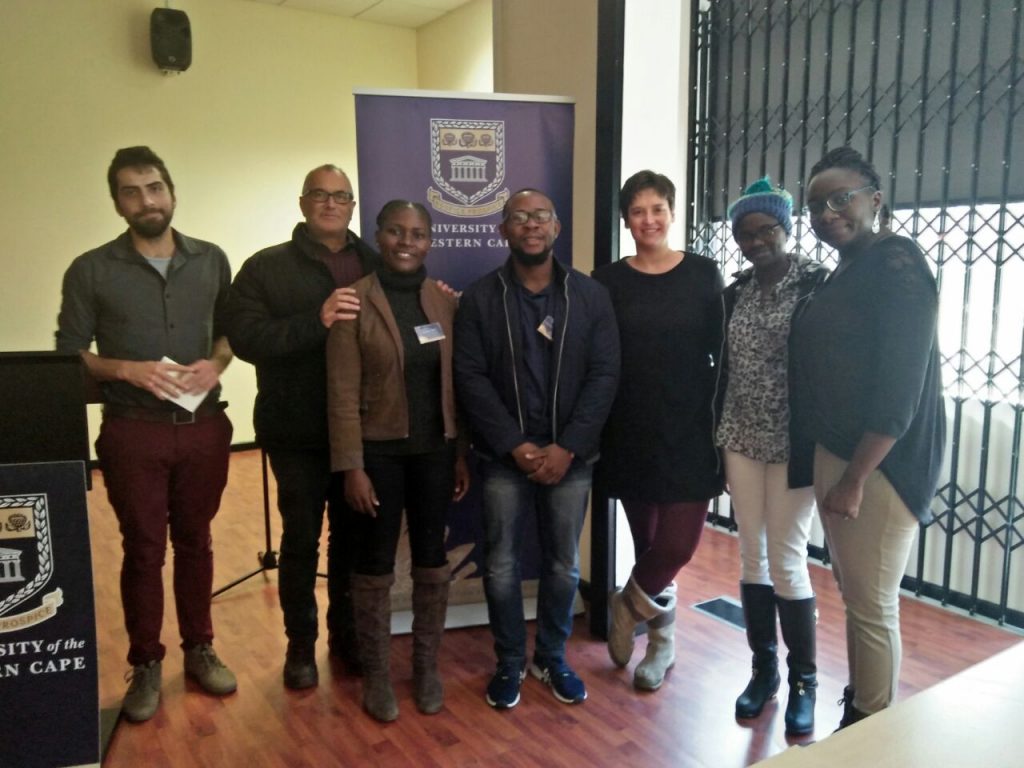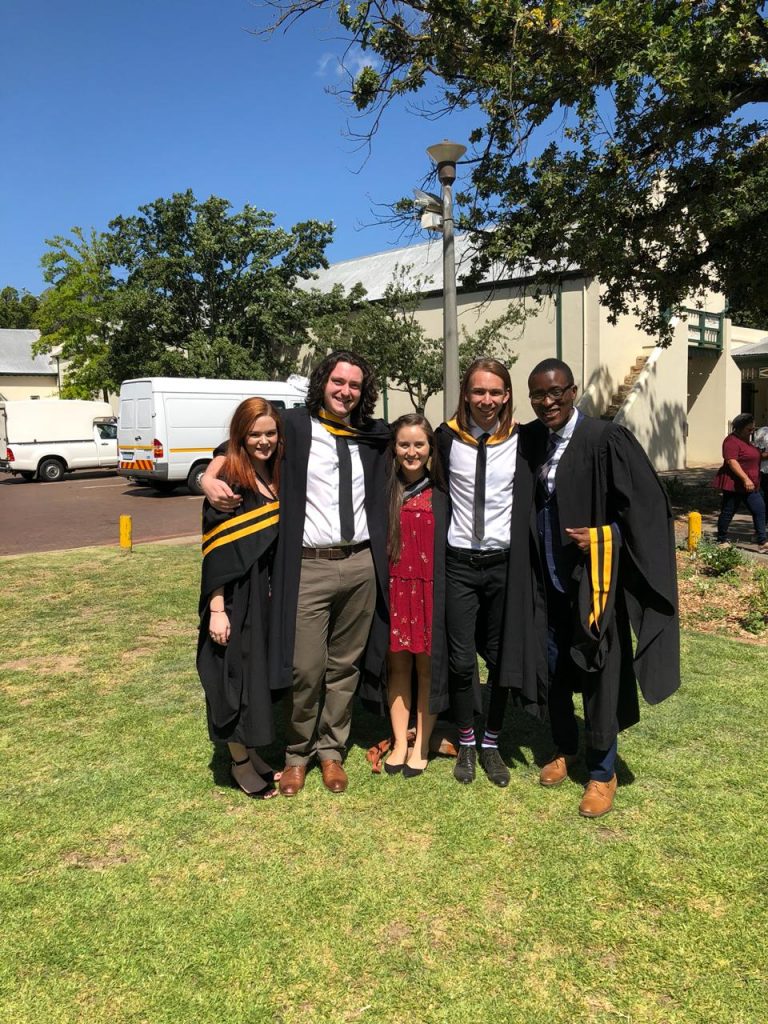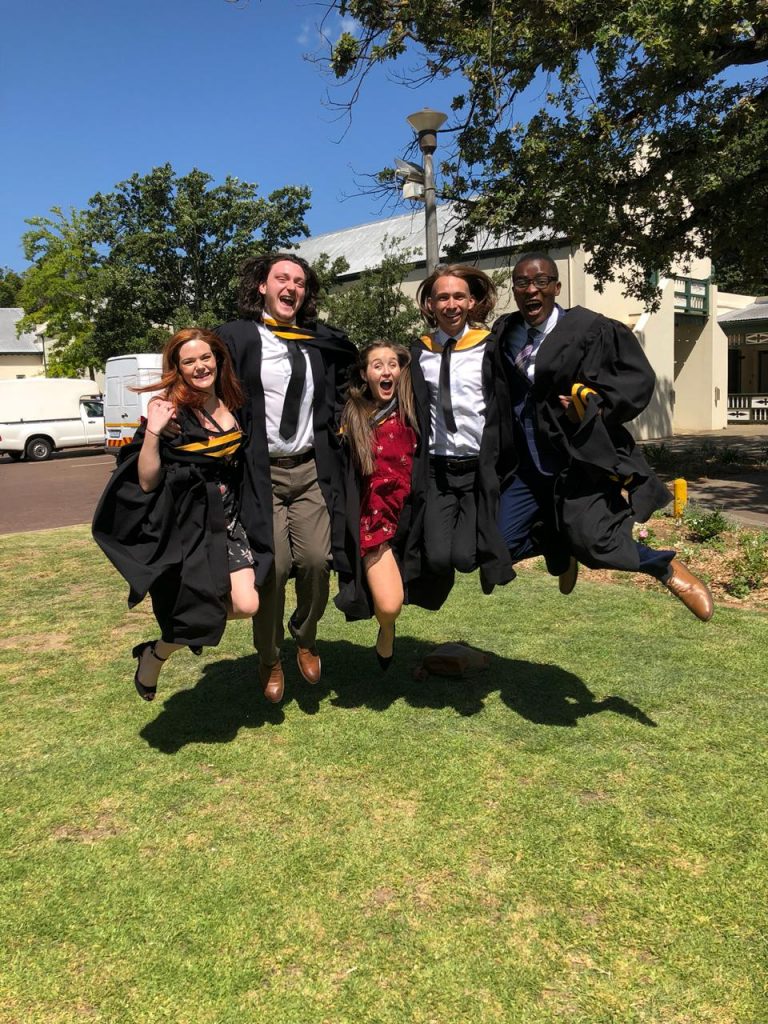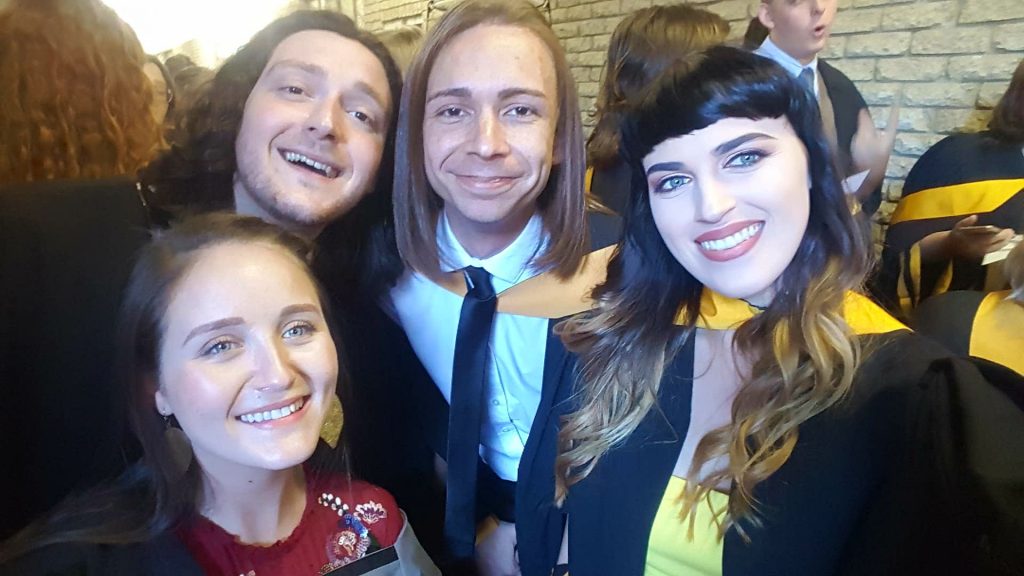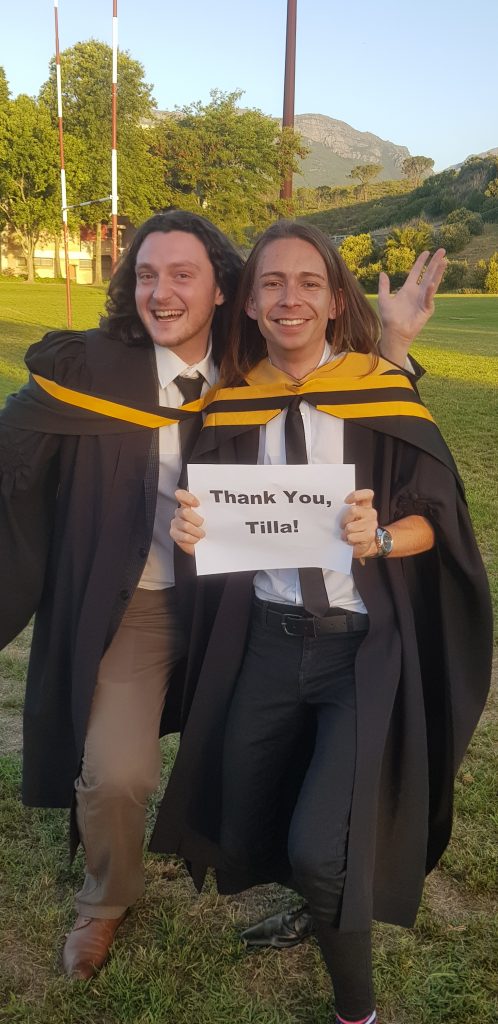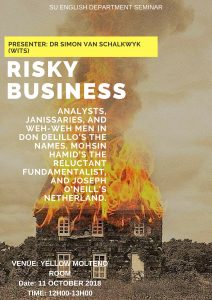Congratulations to Prof Tina Steiner, to SU Prof Extraordinaire Evan Mwangi of Northwestern, and to other members of the editorial team on the publication by Wits University Press of DDT Jabavu’s travelogue In India and East Africa / E-Indiya nase East Africa, in isiXhosa and English. The book represents a long, even labyrinthine, journey for the editors, across institutions, languages, cultures, continents, mediating between the politics of the past and the claims of the present. In re-rendering Jabavu’s experiences and voice, it offers a very important and unusual contribution to the field.” (See the cover and info. Attached.)
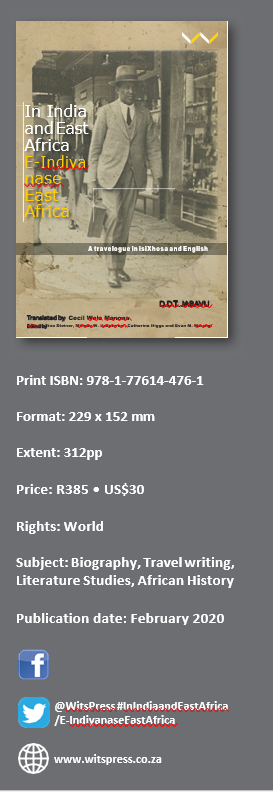
In India and East Africa / E-Indiya nase East Africa
A travelogue in isiXhosa and English
D.D.T. Jabavu
Translated by Cecil Wele Manona
Edited by Tina Steiner, Mhlobo W. Jadezweni, Catherine Higgs and Evan M. Mwangi
A remarkable travelogue by one of South Africa’s greatest intellectuals, DDT Jabavu, this book opens new vistas on Indian Ocean histories. Available for the first time in isiXhosa and English, this historical gem enriches our sense of the scope and scale of South African letters.
—Isabel Hofmeyr, Global Distinguished Professor, New York University and Professor of African Literature, University of the Witwatersrand, Johannesburg
A significant figure in Cape African politics at that time, and a renowned academic from Fort Hare University, Jabavu’s expressive account of this trip weaves together a myriad of encounters with people he already knew, and those he would meet on his journey from the
Eastern Cape to India, via the East African coast. One can only marvel at how the editors have re-enlivened Jabavu’s account of his epic 1949 journey – a rousing read!
— Luvuyo Wotshela, Professor and Head of the National Heritage and Cultural Studies Centre, University of Fort Hare
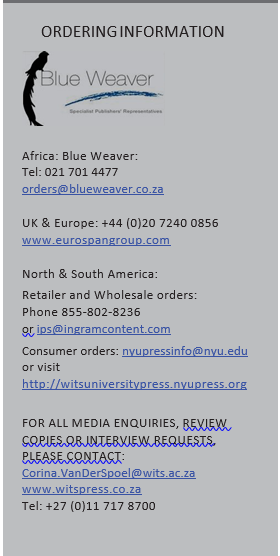
In November 1949 D.D.T. Jabavu, the South African politician and professor of African languages at Fort Hare University, set out on a four-month trip to attend the World Pacifist Meeting in India. He wrote an isiXhosa account of his journey which was published in 1951 by Lovedale Press. This new edition republishes the travelogue in the original isiXhosa, with an English translation by the late anthropologist Cecil Wele Manona.
The travelogue contains reflections on Jabavu’s social interactions during his travels, and on the conference itself, where he considered what lessons Gandhian principles might yield for South Africans engaged in struggles for freedom and dignity. His commentary on non- violent resistance, and on the dangers of nationalism and racism, enriches the existing archive of intellectual exchanges between Africa and India from a black South African perspective.
The volume includes chapters by the editors that examine the networks of international solidarity – from post-independence India to the anti-colonial struggle in East Africa and the American civil rights movement – which Jabavu helped to strengthen, biographical sketches of Jabavu and of Manona, and an afterword that reflects on the historical and political significance of making African-language texts available to readers across Africa.
Publication support for this project was generously awarded by the AW Mellon Foundation as one of the initiatives of the Consortium of Critical Theory Programs and the Humanities and Social Science Research Grant from the University of British Columbia, Okanagan Campus.

